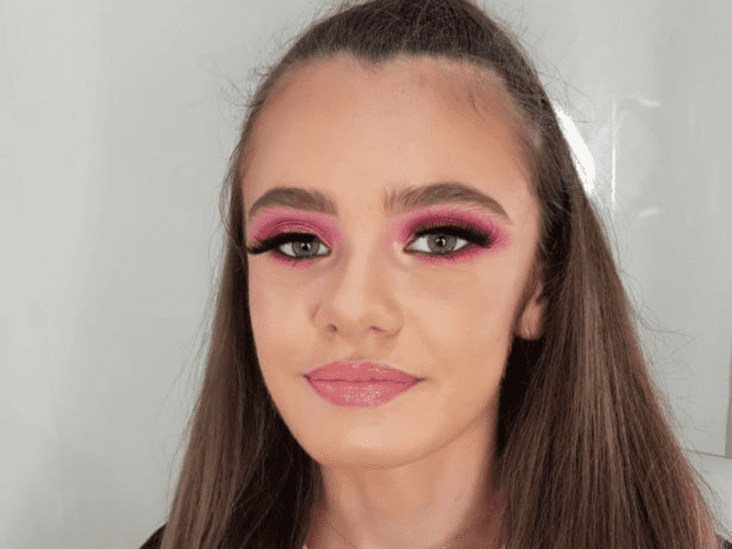Amy was diagnosed with epilepsy when she was just 10 years old.
As part of our #StudentSeptember campaign, Amy shares her experiences of living with epilepsy.
Also, the help and support she has received at school and what she feels schools could do to provide more support for people with epilepsy.
What type of seizures do you experience and how does it affect you?
I suffer from a typical absences and generalised convulsive seizures. This affects my concentration on a daily basis when communicating with others.
It also affects my social life because my mum does get worried about me going out with my friends sometimes.
How did you feel when you first had epilepsy?
Since I was so young I didn’t know much or anything about epilepsy. I felt like I was the only person that had it that’s how I felt and since I am the only person that has it, the medication they are giving me isn’t going to work which isn’t true.
What challenges have you faced academically whilst at school?
I don’t like presenting in front of a class because of atypical absence seizures, sometimes you miss what teachers have said and you need to ask them to repeat it.
Also, just being asked about being epileptic all the time off of teachers and students.
How are you able to overcome these challenges?
When presenting I like to prepare well and I also like to go first. It doesn’t matter to me if I stutter or make a mistake or need to just stop for a minute because of atypical absence seizures, it’s out of my control but it’s about getting out of my comfort zone.
Also, asking the teachers as many times as I need to and not being embarrassed to talk about being epileptic and help educate people to understand epilepsy instead of being shy and embarrassed.
What kind of support do you receive from your teachers and the school as a whole?
I get as much support as I need or would like. I know that if I have any problems there are multiple people to talk to and support staff such as my head of year guidance teachers. My favourite teachers are all very helpful in their own ways.
How do you cope with studying, stress and anxiety that comes with that, as well as managing your epilepsy?
For studying, I have a study plan so I know what I’m doing every day of the week. I come home and get it done and that works for my anxiety and stress.
If I’m anxious, I like to just be left alone. I normally colour in and I think that’s helpful if I’m stressed. I often just try to relax by colouring in again which is helpful to get a good night’s sleep.
Also, make sure you have a tablet case which is also vital because before I didn’t have one and it was stressful. I would recommend them to anyone that’s on medication.
Do you feel that you have received enough support from your school?
100%, the school couldn’t be any more supportive. If I need to talk to them they will listen or if I need extra support they will be happy to help and provide that.
What more do you feel schools can do to provide support for people living with epilepsy?
They could stop asking us to give presentations or asking us to answer questions in class.
They could also just make epilepsy more aware to pupils and staff members by having an assembly where you dress in purple for a day and learn about it to make people more aware of it.
What advice do you have for anybody who has epilepsy and may be struggling at school?
My advice to anyone that has epilepsy in school is don’t let it get to you. Don’t let it determine what you are and aren’t capable of.
Also, don’t be embarrassed by it. Tell people you have it and educate them because the more people you tell the more people who are aware of it.
If you would like to share your experiences of living with epilepsy, please email David Coates our Communications Officer on dcoates@epilepsyscotland.org.uk or call 0141 427 4911.




